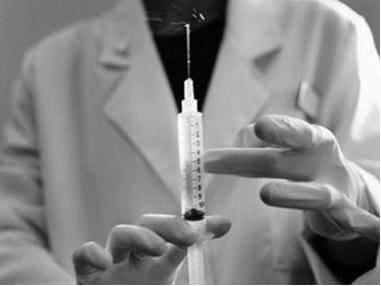
Physician-assisted suicide and euthanasia have been profound ethical issues confronting doctors since the birth of Western medicine, more than 2,000 years ago.
It is understandable, though tragic, that some patients in extreme duress such as those suffering from a terminal debilitating illness may decide that death is preferable to life. However, permitting physicians to engage in euthanasia would ultimately cause more harm than good. Euthanasia is fundamentally incompatible with the physician’s role as healer, would be difficult or impossible to control, and would pose serious societal risks.
Instead of engaging in euthanasia, physicians must aggressively respond to the needs of patients at the end of life. After all what is palliative health care meant for?! Patients should not be abandoned once it is determined that cure is impossible. They must continue to receive emotional support, comfort, care and adequate pain control.
In a utopic world with total empathy and certainty – where we all understood what each other meant all of the time – I might support voluntary suicide in extremis on medical grounds. But we don’t live in such a world of crystal clarity, so my concerns are about definitions of words like ‘voluntary’ and ‘unbearable’ and how they will be interpreted by mere mortals, including doctors.
Let’s look at the term ‘unbearable’, for example. Life involves periods of discomfort and pain – physical, emotional, mental. Unrequited love or grief can be a kind of incurable pain, depression or arthritis another. Some forms of pain may be fixed within people’s lifetimes and others not. And each period of pain may seem unbearable at the time.
In Belgium legislators are now proposing amending the law to accommodate suicide for minors. If euthanasia is a right, then where do these rights stop and for whom? How can they be granted to one group of people and not another? It seems to me that it is simply not within the capacity of the state or the medical profession to decide who gets to live and who doesn’t.
Like many people, I was struck by the recent story of 44 year old Nathan Verhelst, a transsexual who chose to die by euthanasia after a botched sex change operation to complete his transformation into a man left him a ‘monster’. Or the story of the 45 year old deaf twins who chose death over a progressive disease that would lead to blindness. Was euthanasia truly needed in these cases? And if it was then when do we say no?
The assumption that patients should have a right to die would impose on doctors a duty to kill, restricting the autonomy of the doctor. Also, the right to die may become a duty to die particularly those who are vulnerable and dependent on others! People may feel pressed to choose to die rather than exhaust or impoverish their families.

In the end I believe that physician-assisted suicide is not a right. It’s a wrong simply because there is no ‘undo’ button for death.
We would love to hear your opinions too! Send in your articles and comments at [email protected] or [email protected] .


Be the first to comment